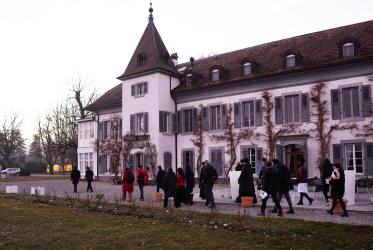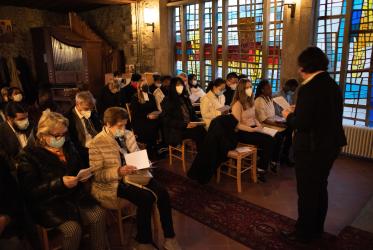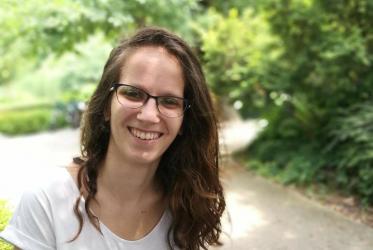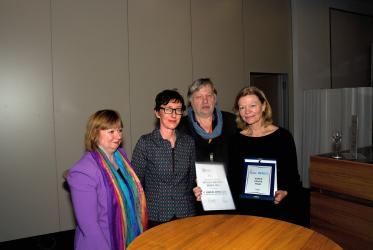Displaying 1 - 20 of 30
Bossey student Carolina Zamorano reflects on study visit to Rome
02 February 2022
Applications open anew for Bossey online course in ecumenism
13 January 2022
The cry of the Papuans in Indonesia
14 November 2019
Markus Imhoof film receives human rights award
10 October 2019
WCC pays tribute to ecumenist pioneer
08 May 2019
Christian communicators work to counter hate speech against refugees
10 December 2018
Paving the way for ecumenical studies, learning English in Bossey
24 September 2018
WCC Blue Community implements water changes in the Ecumenical Centre
16 February 2017












